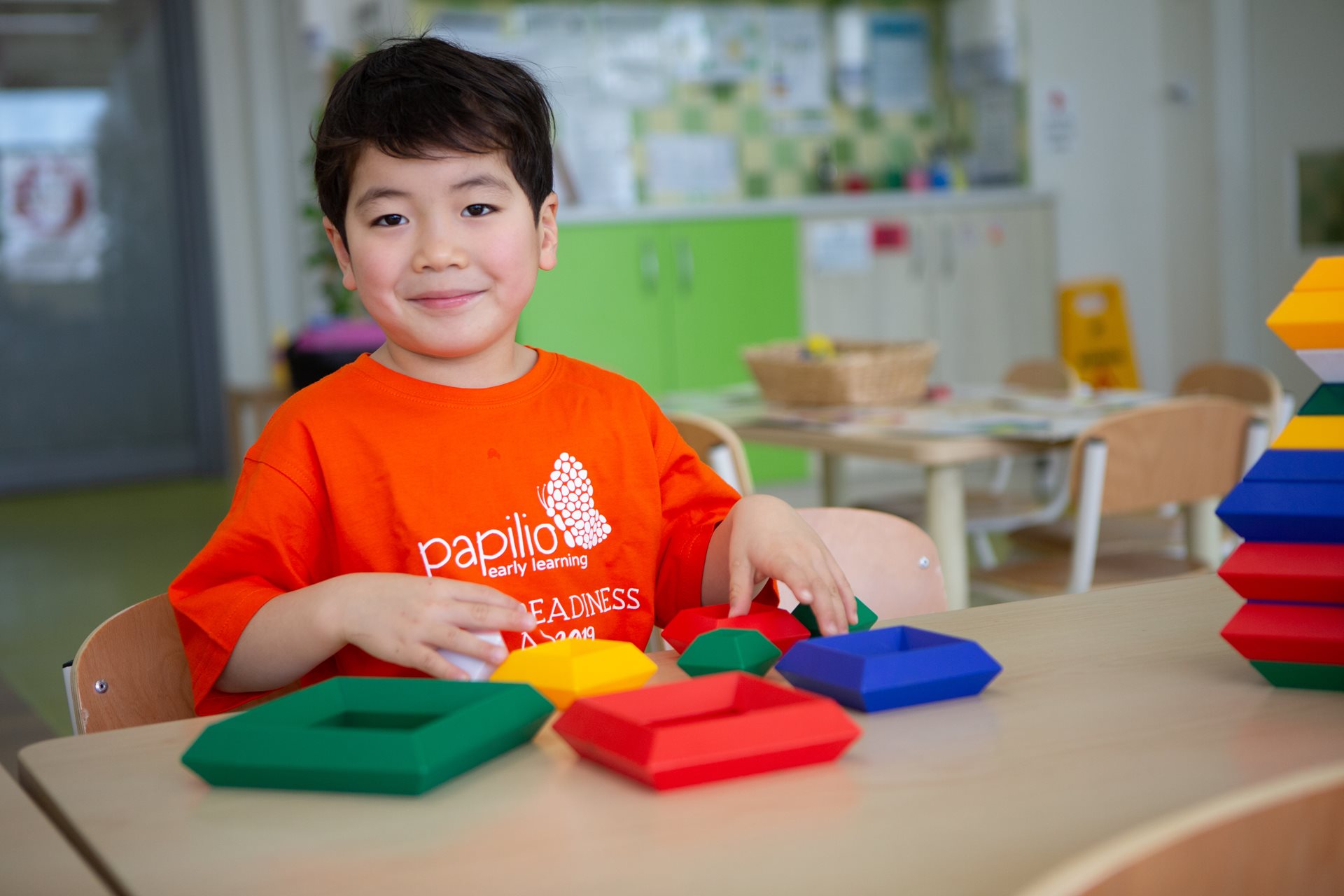
A supportive guide for families with children aged 3–5 years.
If you’ve ever found yourself Googling “What should my child know before starting school?”, you’re not alone. As the start of school draws closer, it’s natural to wonder whether your child is ready - and how you can best support them.
At Papilio Early Learning, we believe school readiness is about more than just academic knowledge. It’s about helping children feel secure, capable, and confident as they take that exciting next step.
So what does being school-ready really look like? Here are five key skill areas that make a meaningful difference in helping children start school with confidence.
1. Emotional Regulation
The transition to school brings new routines, people, and experiences. Emotional regulation - being able to recognise and manage feelings - is one of the most important skills a child can develop at this stage.
You can help by:
- Talking about feelings openly
- Modelling simple calming strategies
- Providing space for your child to express emotions safely
At this age, it’s completely normal for children to need guidance and support. These early steps lay the foundation for resilience and emotional wellbeing.
2. Social Skills
Learning alongside others is a big part of school life. Social readiness includes:
- Taking turns and sharing
- Communicating needs and listening to others
- Building friendships and working in small groups
These skills are best developed through play, group experiences, and meaningful conversations. Every interaction helps children learn how to navigate the social world with confidence.
3. Independence
Independence helps children feel more comfortable and capable in a new environment. Before starting school, many children benefit from practising things like:
- Using the toilet and washing their hands
- Managing their belongings
- Following simple routines or instructions
Supporting your child to “have a go” builds confidence and a growing sense of self.
4. Early Literacy
Literacy begins with a love of language - through stories, songs, and conversations. You might notice your child:
- Talking about their favourite books
- Recognising their name or letters
- Enjoying rhyming games or storytelling
There’s no need to rush or pressure - reading together and encouraging curiosity will take your child far.
5. Early Numeracy
Mathematical thinking starts early and develops naturally through everyday play. You can support this by:
- Counting during routines (e.g. steps, fruit at snack time)
- Noticing shapes and patterns
- Talking about size, time, and quantity
These early concepts help children build confidence and make sense of the world around them.
Every Child Grows in Their Own Way
Some children will thrive socially. Others may be more independent or love language. Every child’s journey is different - and that’s something to be celebrated.
At Papilio, our Preschool and Kindergarten programs are designed to nurture the whole child. Through play-based learning and caring educator relationships, we help children develop the skills they need to feel confident and excited about starting school.
Interested in how we support school readiness at Papilio?
Find your nearest centre and come in for a visit - we’d love to meet you and your child.